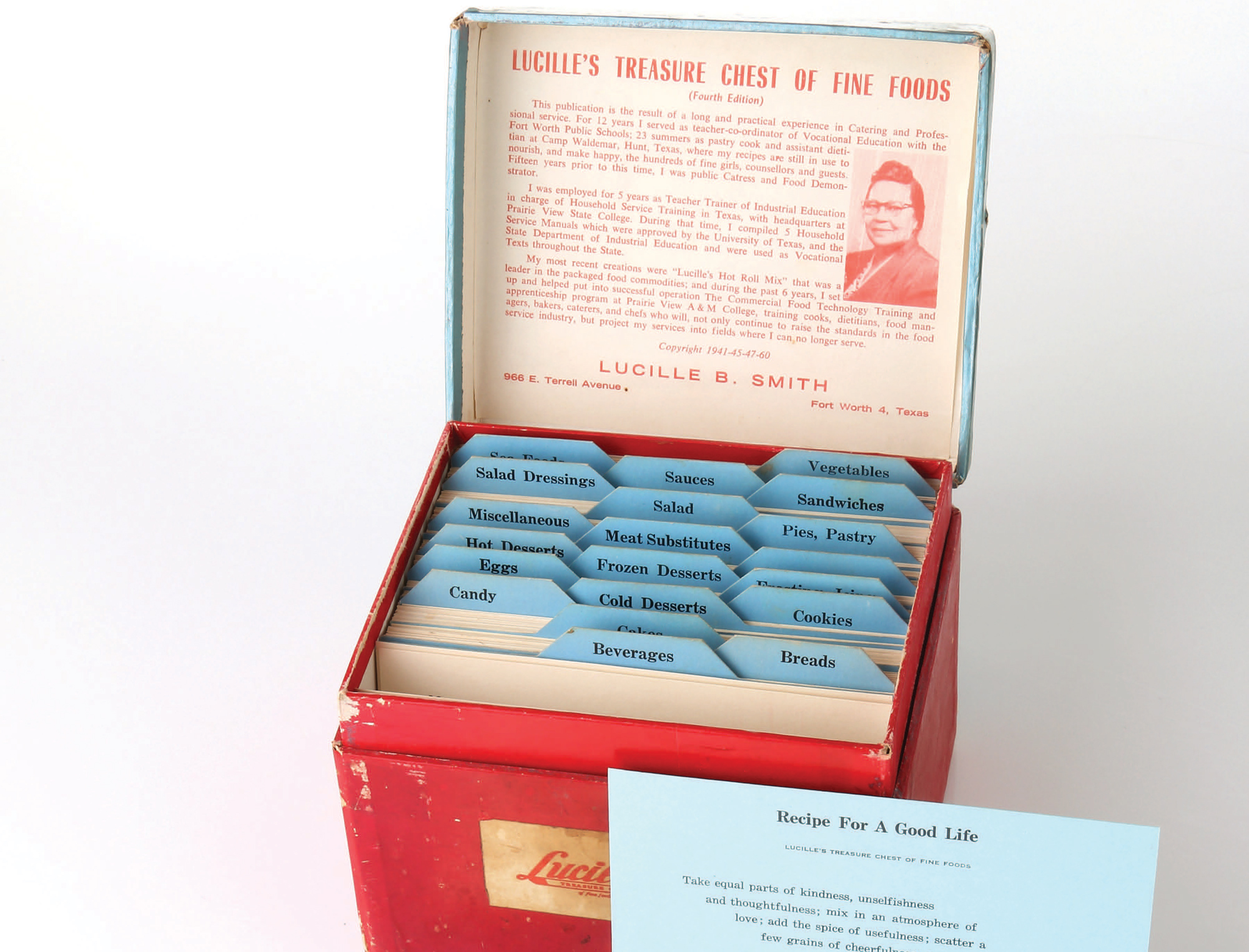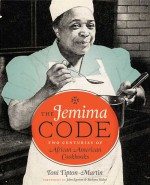
Returning Southern Cuisine to the Women Who Created It
In 'The Jemima Code,' Toni Tipton-Martin introduces readers to the African-American women who created Southern cooking.

A version of this story ran in the October 2015 issue.
Above: In 'The Jemima Code,' Austin food writer Toni Tipton-Martin returns Southern cuisine to the African-American women chefs who created it.

By Toni Tipton-Martin
University of Texas Press
272 pages: $45 The University of Texas Press
Austin food writer Toni Tipton-Martin’s compilation of African-American cookbooks opens with this line from American historian Gaillard Hunt: “The professional cooks of the country were Negroes and the national cookery came from them.” In The Jemima Code: Two Centuries of African American Cookbooks, Tipton-Martin describes Southern cooking as a fusion of African, European and Caribbean cooking created by blacks but credited to white people. The recipes of black slaves, passed down orally, since they were denied the ability to write, became cookbooks authored by white housewives in the 19th century. The cooking of 20th century blacks was published in “dignified” but humble volumes, compared to the polished Southern cuisine cookbooks put out by major publishers. Tipton-Martin spent a decade collecting 300 obscure books of recipes and rules of etiquette written by black cooks, then culled and compiled them into The Jemima Code. “Throughout the twentieth century,” she writes, “the Aunt Jemima advertising trademark and the mythical mammy figure in southern literature provided a shorthand translation for a subtle message that went something like this: ‘If slaves can cook, you can too.’ … It is true that black women did much of the cooking in early American kitchens. It is also true that they did so with the art and aptitude of today’s trained professionals, transmitting their craft orally.” In this unusual book, Tipton-Martin tries to return an intellectual and creative product to its creators.
Read selected excerpts from The Jemima Code — including original recipes and Tipton-Martin’s invaluable commentary and context — below.


